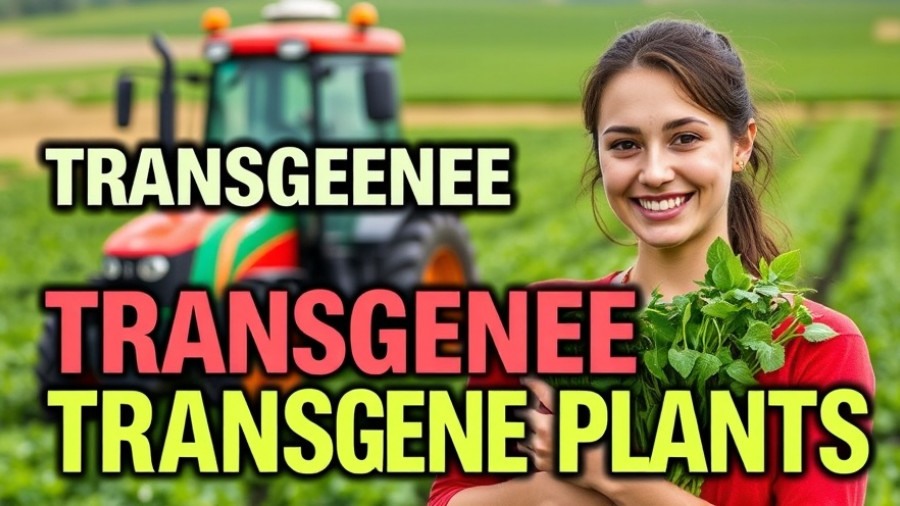
Unlocking Food Production: The Promise of Transgenic Plants
Imagine a world where families can enjoy fresh produce without the fear of pests ruining their crops. This is becoming a reality thanks to transgenic plants, or what we often refer to as genetically modified crops. These innovative plant varieties are engineered to possess unique traits that enhance their resilience against pests, diseases, and environmental challenges.
In 'How Do Transgenic Plants Impact Crop Production?', the discussion dives into the essential role of genetics in modern farming, exploring key insights that sparked deeper analysis on our end.
Reducing Dependence on Chemicals
One of the standout features of transgenic crops is their ability to resist insects. For instance, certain crops have been infused with genes from the Bacillus thuringiensis, a bacterium that produces proteins toxic to specific insects. The result? Reduced pest damage and a significant decrease in the need for chemical insecticides. This not only saves farmers money but also lessens the harmful chemicals that can seep into our environment.
Valuable Insights for Sustainable Farming
Transgenic plants also include varieties that resist common weeds, allowing farmers to apply herbicides without damaging their main crops. This not only simplifies the farming process but promotes sustainable techniques like no-till farming, which conserves soil health and reduces erosion. By incorporating such methods, farmers are not only producing more food but also contributing to sustainable living.
The Future: Embracing Biotechnologies
As we look to the future, the role of biotechnologies in agriculture is pivotal. Advances such as CRISPR technology enable precise gene editing, allowing the creation of crop varieties that can withstand drought or poor soil conditions. With these advancements, farmers will have the tools to adapt to changing climates while maintaining high crop yields.
Balancing Innovation with Caution
While the benefits of transgenic plants are impressive, it’s essential to approach this innovative farming practice with caution. Farmers must employ integrated pest management strategies to prevent pests from developing resistance. Scientists continue to research the potential environmental impacts as we fine-tune the use of these crops for safe and responsible agricultural practices.
Ultimately, embracing biotechnologies in our farming methods provides an opportunity to boost global food security while caring for our planet. By understanding and advocating for sustainable practices in agriculture, we can ensure a healthier future for generations to come.
 Add Row
Add Row  Add
Add 




Write A Comment